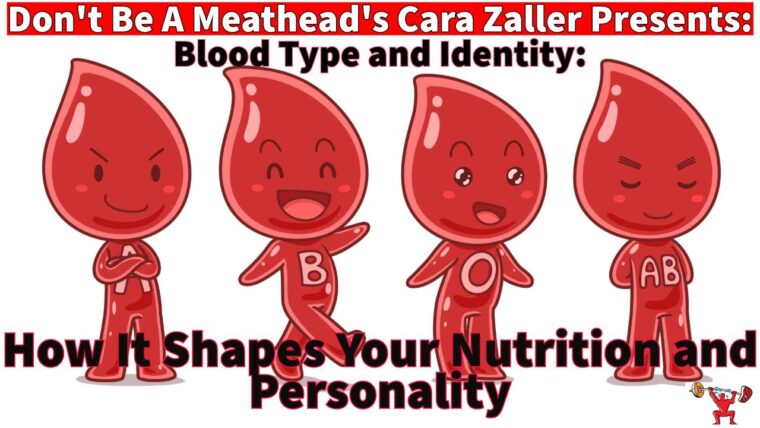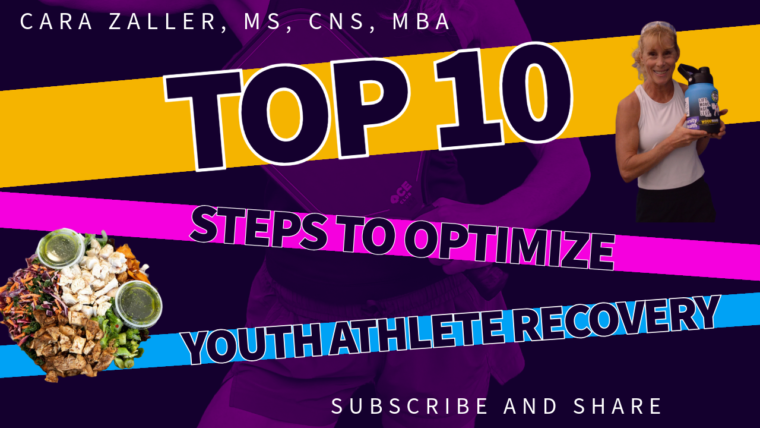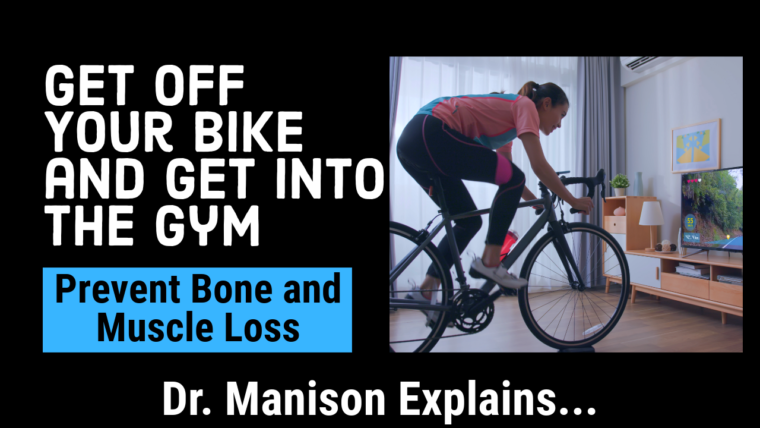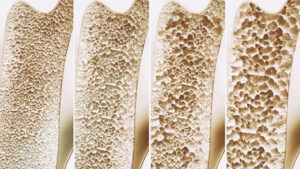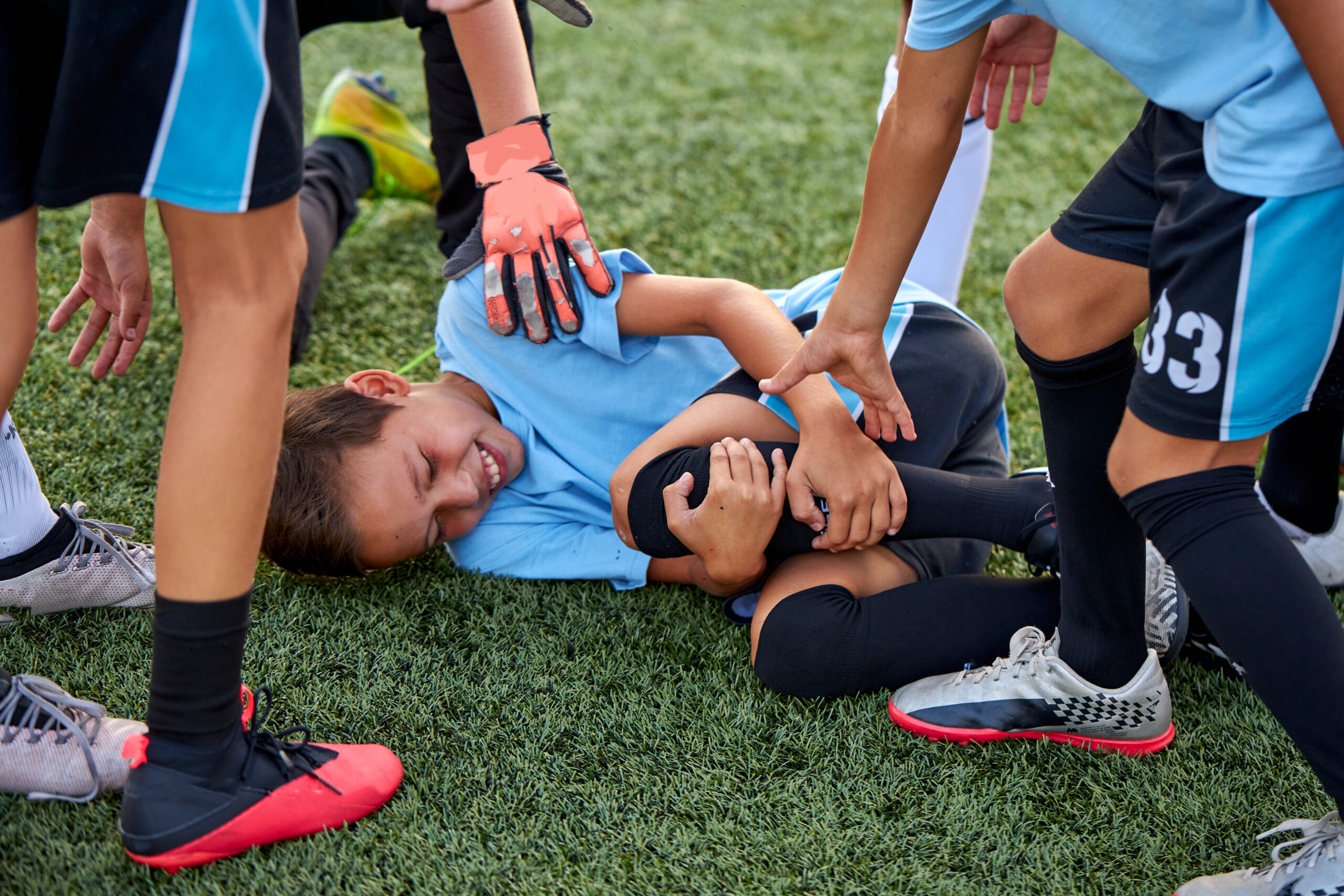There are four primary types of blood: A, B, AB, and O. The presence of specific antigens on the surface of the red blood cells determine which of the four you are. Each blood type not only influences compatibility for blood transfusions but also appears to play a crucial role in your individual health, metabolism, and dietary needs.
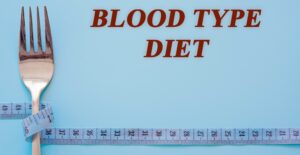
Your blood type tells a lot about your nutritional needs and personality traits.
Below, I have compiled a list of the characteristics of each blood type in addition to dietary and exercise recommendations that may enhance your health and well-being. It is important to know your blood type. If you do not know your blood type, it’s a great idea to get it checked. With this information, you can direct your nutrition to help your overall health and fitness. Some are even starting to make a direction correlation between blood type and personality traits. Please tell us your blood type below (anonymously is fine) and your personality traits. Let’s see if they jive! Continue Reading →

